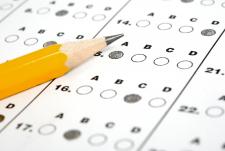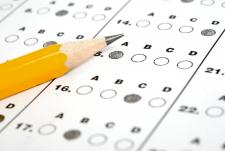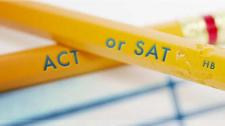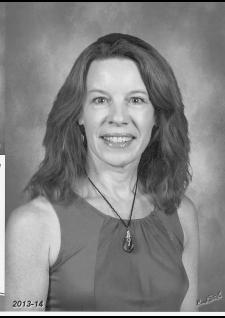What's really important junior year?
Posted on Mon, 09/15/2014 - 12:59Get the lowdown on grades, extracurriculars and more in our conversation with Teen Life, Dealing with Junior Year Stress. Junior year is important but, more significantly, it feels important because there is so much going on. Students are juggling a lot -- testing, extracurriculars, campus visits, researching colleges. But, despite what you hear, applying to college is not rocket science. There is no secret. It doesn't require an advanced degree. Colleges aren't asking 17-year-olds to do anything that 17-year-olds aren't capable of doing. Applying to college is like any large project, you just need to break it down into smaller manageable parts. Keep that in mind as you start this process.















